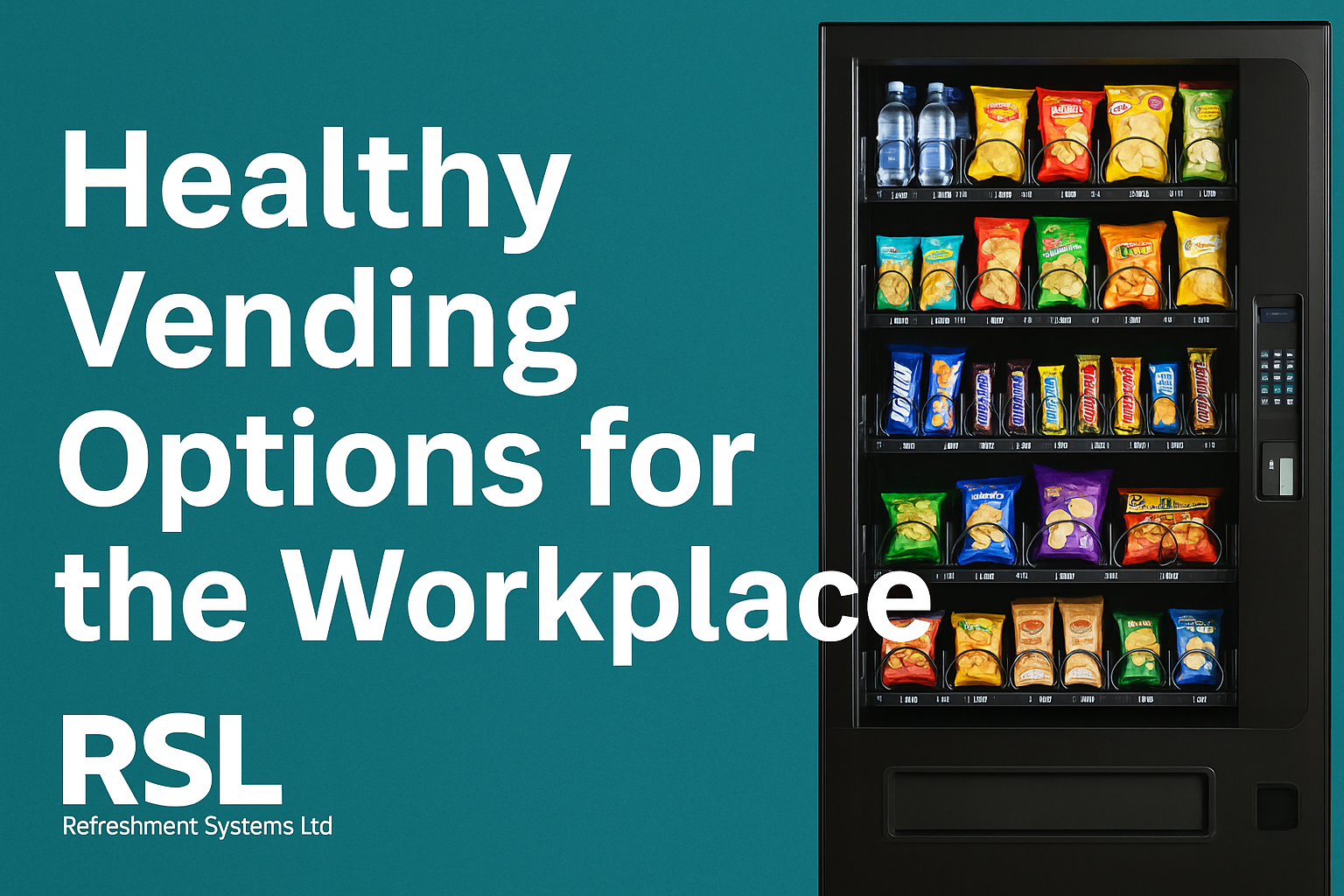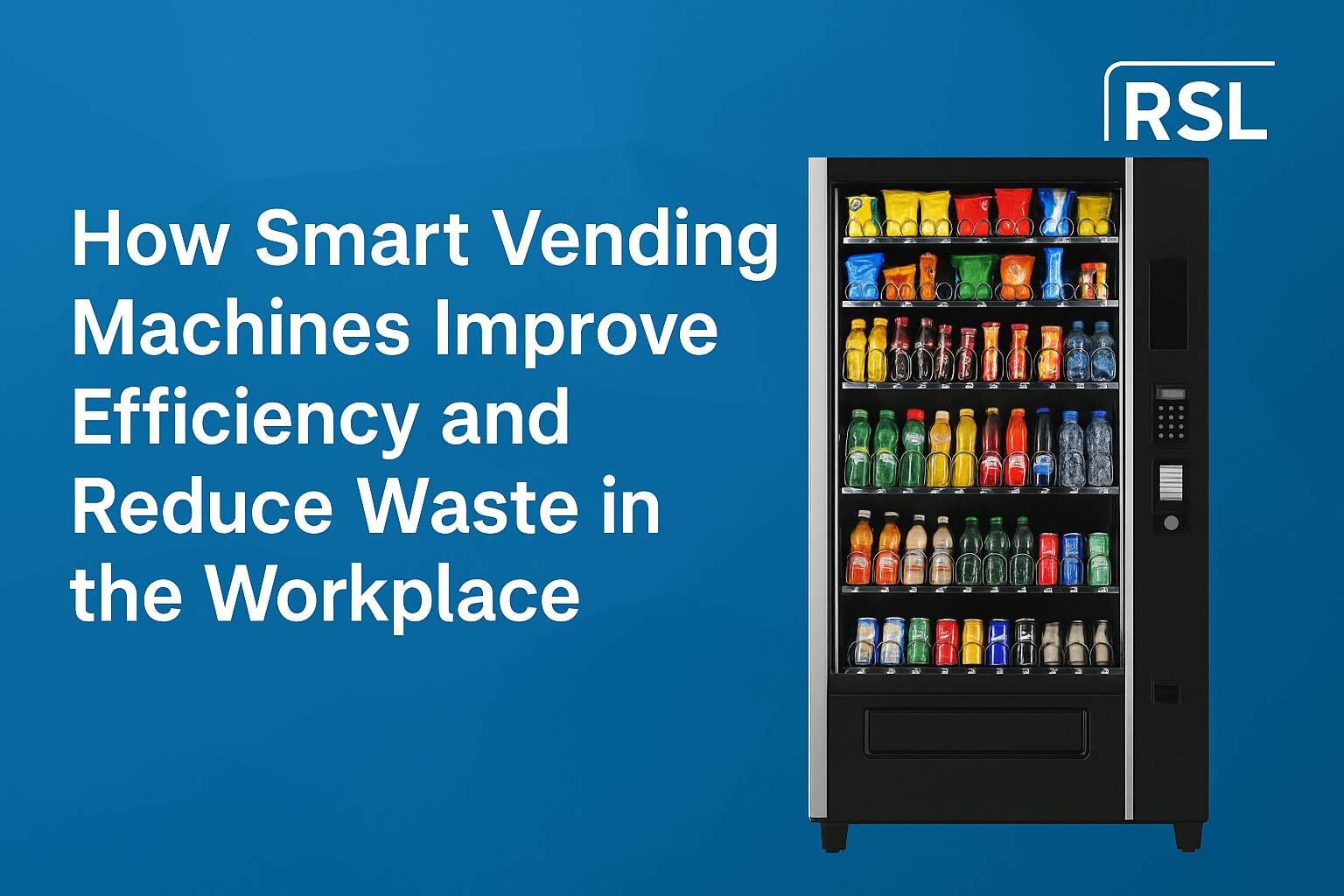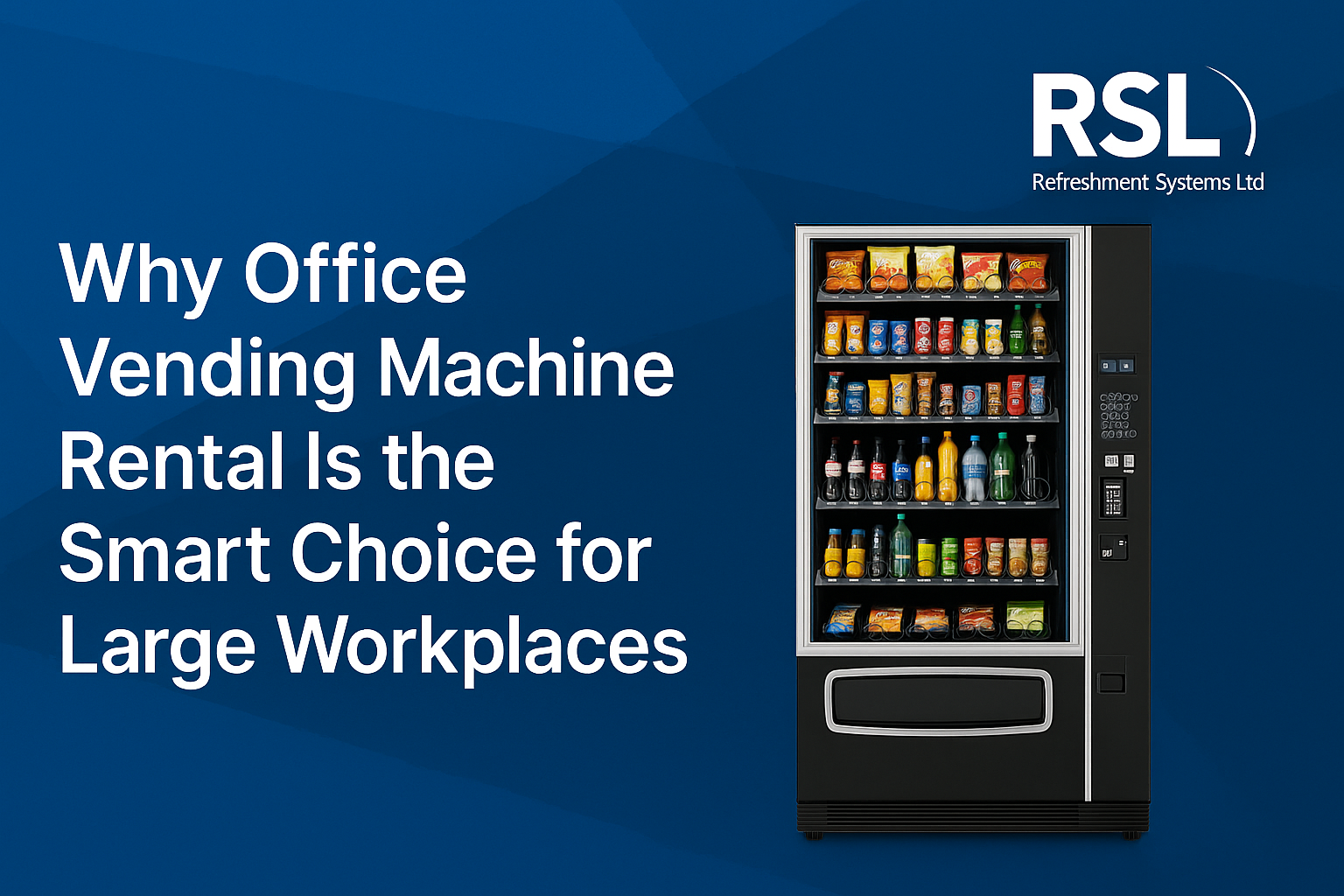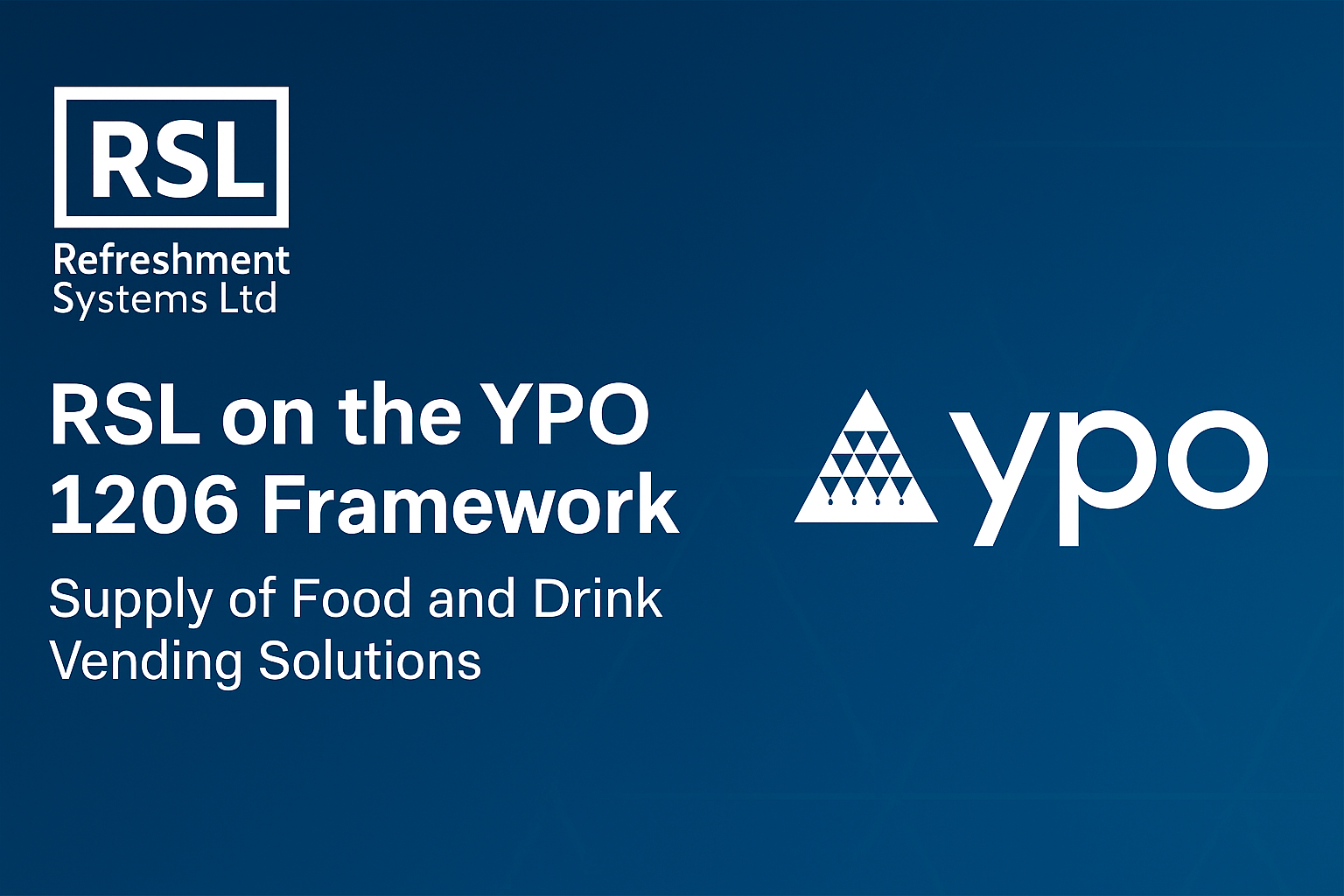
Understanding the psychology behind vending machine purchases can provide valuable insights for businesses. By analysing the factors that influence consumer behaviour, operators can optimise their vending machines to maximise sales and customer satisfaction.
Impulse Buying
One of the primary psychological factors driving vending machine purchases is impulse buying. Vending machines are strategically placed in high-traffic areas, where people are more likely to make spontaneous decisions. The convenience and immediate gratification offered by vending machines encourage impulse purchases.
Convenience and Accessibility
The convenience of vending machines plays a significant role in consumer behaviour. People value the ease of accessing products quickly and without the need for interaction with staff. This convenience is especially appealing in busy environments like offices, schools, and transport hubs.
Product Placement and Visibility
Product placement and visibility are crucial in influencing consumer choices. Items placed at eye level or in prominent positions are more likely to be purchased. Attractive and well-lit displays also draw attention and encourage sales. Operators can use data analytics to determine the most popular products and position them strategically.
Variety and Choice
Offering a variety of products caters to different tastes and preferences, increasing the likelihood of purchases. Consumers appreciate having options, whether it’s a range of snacks, beverages, or healthier alternatives. A diverse product selection can attract a broader audience and boost overall sales.
Pricing Strategies
Pricing plays a significant role in consumer decision-making. Vending machines often use psychological pricing strategies, such as pricing items just below whole numbers (e.g., £1.99 instead of £2.00), to make products appear more affordable. Offering promotions and discounts can also entice customers to make purchases.
Brand Recognition
Familiar brands and products are more likely to be purchased from vending machines. Consumers trust well-known brands and are more comfortable buying products they recognise. Stocking popular and reputable brands can enhance customer confidence and drive sales.
Environmental and Social Factors
Environmental and social factors also influence vending machine purchases. For example, in workplaces, employees may choose healthier options to align with personal health goals. In schools, students might be drawn to trendy or peer-approved snacks. Understanding these contextual factors can help operators tailor their product offerings.
Emotional Triggers
Emotional triggers, such as stress or hunger, can lead to vending machine purchases. People are more likely to buy snacks or beverages when they feel stressed, tired, or hungry. Placing vending machines in areas where these emotions are likely to occur, such as break rooms or waiting areas, can increase sales.
The psychology behind vending machine purchases is multifaceted, involving factors like impulse buying, convenience, product placement, and emotional triggers. By understanding and leveraging these factors, vending machine operators can optimise their machines to better meet consumer needs and maximise sales. A strategic approach to product selection, pricing, and placement can significantly enhance the success of a vending machine business.




